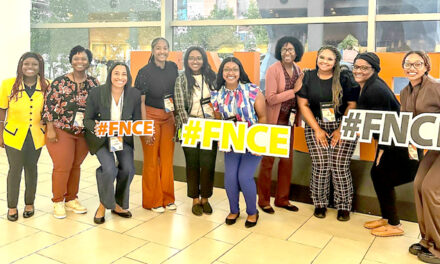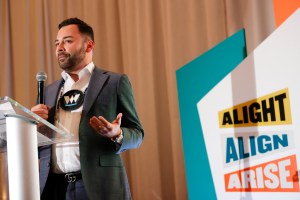By Vanessa Villalvazo, South Kern Sol
The month of May is to raise awareness about the importance of mental health and the impact it has on people’s well being.
Before the pandemic, people were already experiencing trauma, anxiety, stress, and depression. With COVID-19, these conditions have exacerbated and have impacted people’s well being even more.
David A. Riess, Professor of Behavioral Science at Bakersfield College, said that with any subject, the more educated people are as a community, the more familiar they are with what other people may be going through, and the more everyone can identify with one another and recognize our shared humanity.
“With a shared humanity the stigma that comes with the unfamiliar dissipates. Knowing what something is also makes it easier to know when we might need help and how and who to ask for help,” said Riess.
He said he always tells his students to unapologetically and enthusiastically be themselves.
“Give others the opportunity to love, value, appreciate, and respect you for you, as opposed to some version of yourself. It’s a lofty goal and it is one worth pursuing for the rest of our lives,” said Riess.
Riess used to be a mental health provider in the community for over 15 years. He worked as a therapist in a psychiatric hospital, a therapist in an acute-care medical hospital, a therapist in private practice, and as a clinical director at a psychiatric hospital.
The best help he could offer the patient, the student, his neighbor, or anyone he just met is to recognize their humanity and listen to their story. He always encourages people to be honest with themselves.
“If you need help beyond what your current supporters are able or willing to provide, let’s find that help,” said Riess. “I would maybe even remind them that we survive everything except our own death, what they’re going through will not last forever, and that what they’re going through is a part of them, it doesn’t define them. More important than any words I might say though is my presence and my acceptance and validation of their humanity.”
Riess said that it is important to educate yourself with what mental health is because the more we know the less intimidated by and/or judgmental of whatever we don’t know or are unfamiliar with.
“Having particular issues profiled and promoted over the course of a month helps to increase awareness. It gives individuals and the community an opportunity to have a conversation, and possibly learn something about the issue they might not otherwise have considered,” said Riess. “The conversations and initiatives surrounding mental health, like a number of other issues that have designated months, are and must to be ongoing.”
According to Riess, two keys to helping people who struggle and suffer with mental
health issues are ongoing education and human interaction.
“We often fear or are suspicious of things we are unfamiliar with. Additionally, what we humans all want, to varying degrees, is to be seen and heard…for others to see us, recognize us, and accept us for who we are,” said Riess. “To see the humanity in one another. In addition to, and particularly in the absence of interaction, community education can help to reduce mental health stigma.”












